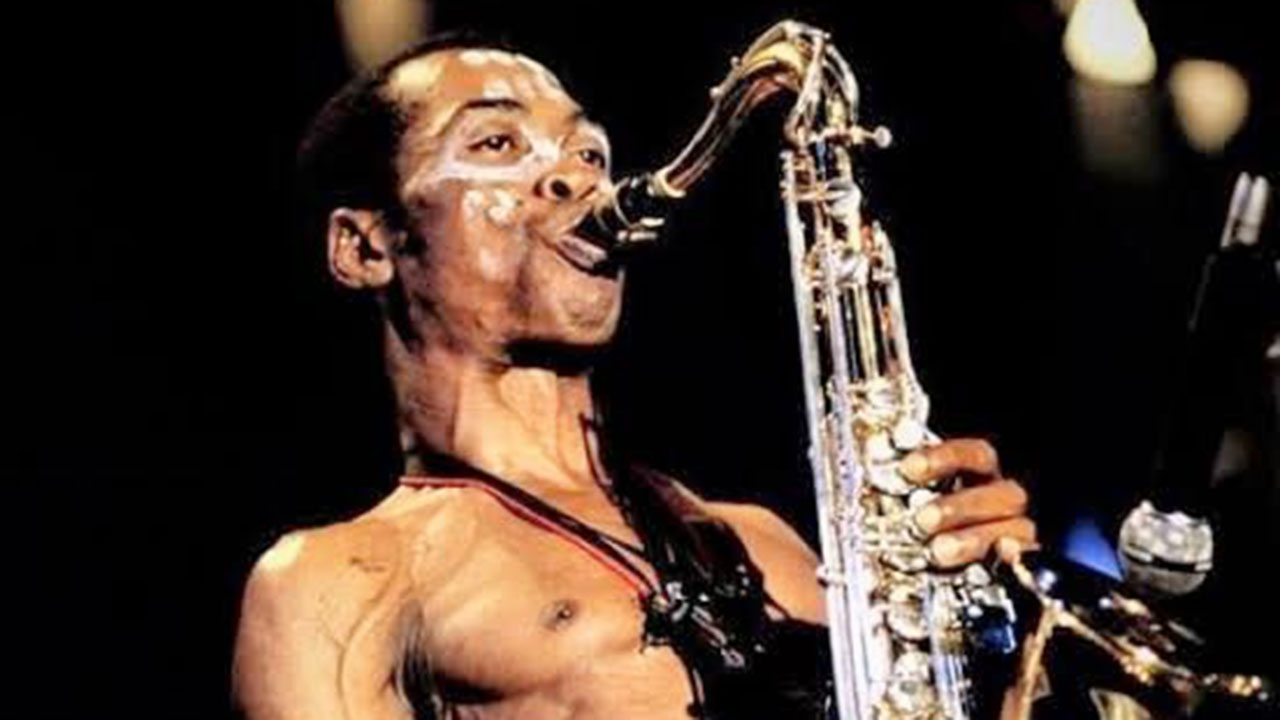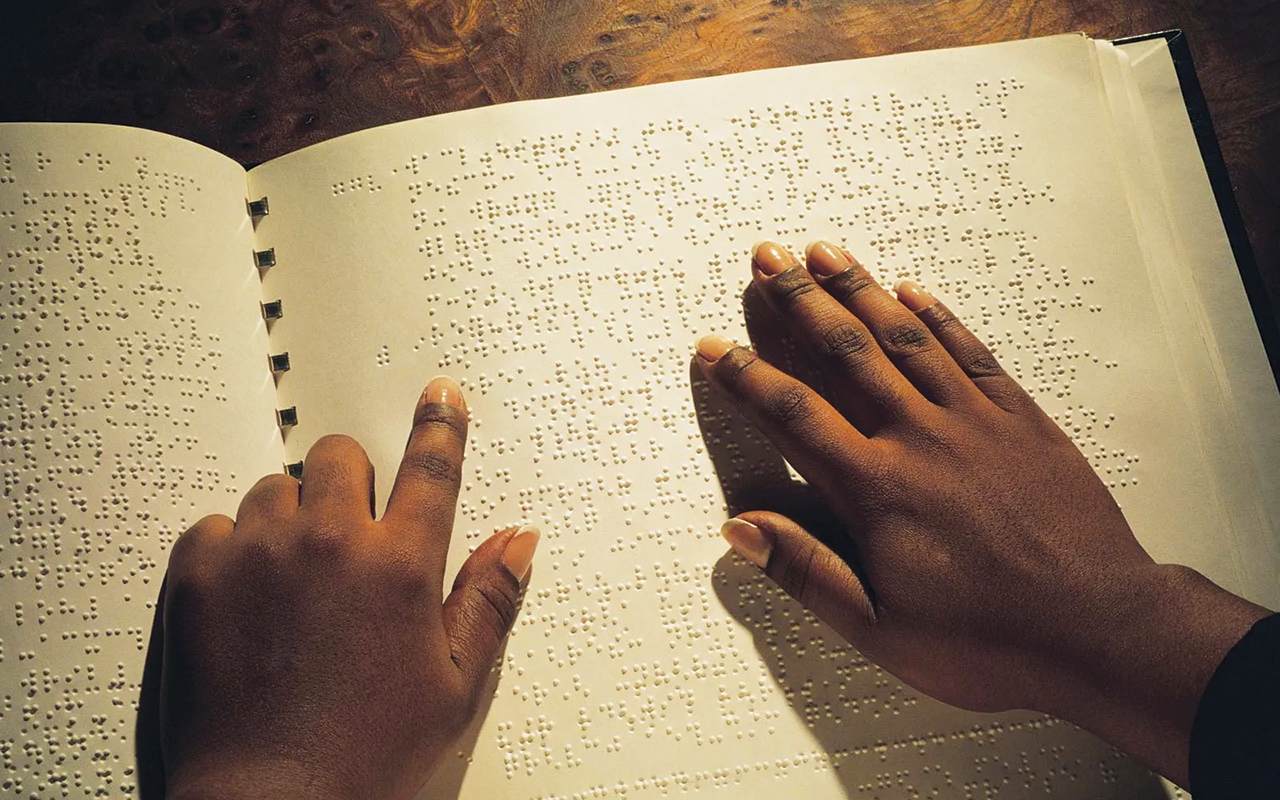 After a showing the African International Film Festival (AFRIFF), The Man Died is billed for a special screening today, November 13, at the Agip Hall, MUSON Centre, Onikan Lagos as part of the Lagos Book & Art Festival (LABAF), which had declared its 2024 season ‘The Soyinka Year’.
After a showing the African International Film Festival (AFRIFF), The Man Died is billed for a special screening today, November 13, at the Agip Hall, MUSON Centre, Onikan Lagos as part of the Lagos Book & Art Festival (LABAF), which had declared its 2024 season ‘The Soyinka Year’.
Described as the “biggest Cultural Picnic on the continent of Africa”, the one-week LABAF is exploring the theme, Breakout: Hope is a Stubborn Thing, with over 60 events staged at its traditional venue, Freedom Park, Lagos Island and virtually.
The 26th edition of LABAF has been dedicated to celebrating the eminent life and illustrious career of the renowned poet, dramatist, essayist, novelist, human and civil rights activist, Prof. Wole Soyinka, who is famously referenced as the ‘Global Humanist’.
The Man Died will also feature as the ‘Opening Film’ at the Eastern Nigeria International Film Festival, ENIFF in Enugu on November 27.
Speaking with The Guardian, the Director of Programmes of Committee for Relevant Arts, organisers of LABAF, Jahman Anikulapo, said the choice of ENIFF is inspired by the long history Eastern Nigeria has with Nollywood and the African Storytelling industry. ENIFF 2024 explores the theme, Reimagine, and it focuses on how storytelling can reshape narratives and drive social impact.
Since its first screening on July 12 in Lagos to mark the Nobel laureate’s 90th birthday (July 13), The Man Died had been abroad; July at the Africa Centre, London as part of a nine-day feast to commemorate Soyinka’s 90th birthday anniversary; it returned home on October 5 as part of the Quramo Festival of Words, QFest. It had then gone abroad, featuring in October at the ‘Streamfest’ segment of the Labone Dalogues of the New York University in Accra, Ghana.
It returned to London later October to feature at the Film Africa Festival, FAF, with an educational shot at the University of East Anglia, Norwich; and at the Streamfest of the ‘Labone Dialogues’ (October 11, New York University, NYU Accra).
Though yet to be formally released to the public cinema circuits or online streaming platforms, the film has been garnering volumes of critical acclaims, and in the review gaze of such top-notch global cinematic gatherings as the Berlinale in Germany, Catharge in Algeria, Jo’Burg Film Festival, SA; African Film Festival, New York, US, and FESPACO in Burkina Faso, among others.
Yesterday, the festival hosted its Visual Arts Dialogue in honour of an exceptionally professional artist and teacher, Dr Kunle Adeyemi at 65 and his retirement from the classroom. Themed, The Nexus of the classroom and the studio, it had the artist and scholar Dr Emmanuel Irokanulo, painter and activist Duke Asedire, artist and teacher Omoligho Udenta with contributions from Prof. Peju Layiwola and Dr Akin Onipede. The moderator was Dr Bolaji Ogunwo.
Tomorrow at LABAF, it will be the turn of Ebrohimie Road, A Museum of Memory, a documentary film on Soyinka years in that famous street of the University of Ibadan. It will be screened at the Freedom Park, Lagos. Swamp Dwellers as directed by Segun Adefila, popularly known as Oriade, and choreographed by Kate Odiong, will equally light up the day.
The Swamp Dwellers was published in 1958. The play explores the impact of colonialism and international corporations on the environment, culture, and identity of indigenous peoples in Nigeria. It interrogates the conflict between old and new: how the introduction of modern ideas and the power of nature challenge the traditional ways of life in Nigeria. The play highlights the environmental degradation caused by the exploitation of natural resources by colonial governments and international corporations.
On Saturday, November 16, 2024, the sixth day of LABAF 2024, Tade Ipadeola, Toni Kan, Dagga Tolar and others will discuss Antje Krog’s A Change of Tongue and Makoma Wa Ngugi’s We the Scarred. This year’s book conversation will hold at 1.30pm.
Expected to contribute to the panel’s conversation is the winner of the competition for the review of We, The Scarred, who receives the prize money just before the panel sits.
Every year, LABAF uses the Book as instrument, to discourse the burning issues around, specifically: National Development and generally: Global challenges and concerns.
The event is a 25-year parley; a comprehensive, week-long culture picnic that has run since September 1999. It features reading sessions, conversations around ‘content and context of books’, art and craft displays, kiddies’ art workshops, Publisher’s Forum, Writers’ Workshops and Book Trek, Book exhibitions, drama skits, Live music and dance. “It is an art festival with high book content,” said Anikulapo.






